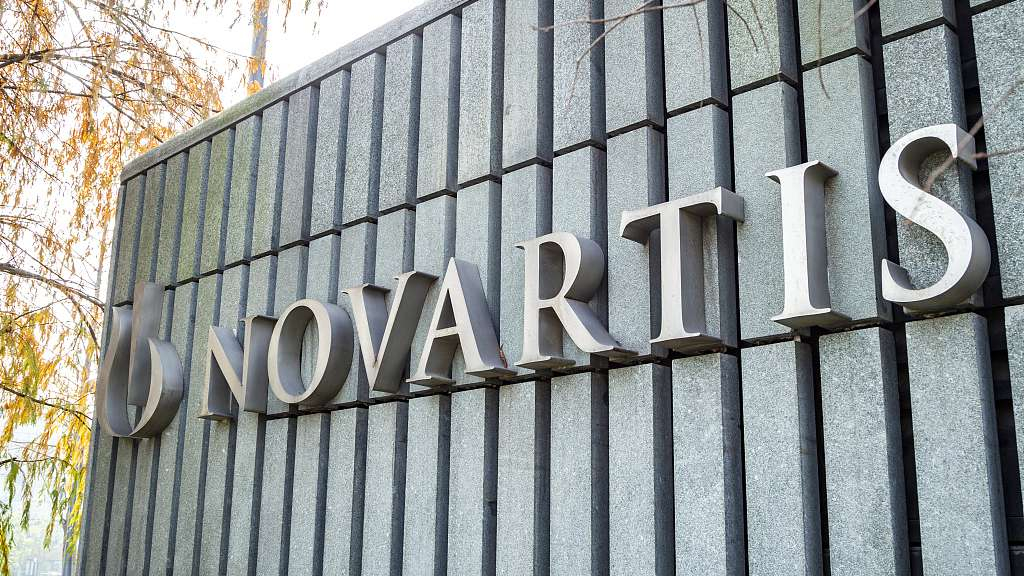00:26

China is the second-biggest pharmaceutical market in the world, and the country has taken numerous measures to open up its market further.
The pharmaceutical company Novartis sees significant opportunities in the Chinese market thanks to the opening-up and is trying to use the China International Import Expo (CIIE) as a platform to further spur growth, according to Chen Xiaojing, vice president of Novartis Group (China).
"CIIE is such unique platform to industry and also to Novartis," Chen told CGTN on the sidelines of the second CIIE in Shanghai. She said the expo is not only a good "showcase" for Novartis to demonstrate cutting-edge technology and innovation, but also an excellent "platform to engage with multiple stakeholders."
The company entered the Chinese market three decades ago and has witnessed the rapid growth of China's pharmaceutical sector. "We see progress in opening-up. For instance, China is more intent to follow international rules in approving or evaluating the new drugs," Chen observed.
Chen noted China's effort to speed up the new drug approval process. "In the past 30 years, we got 70 new drugs approved in China. However, in the recent two years, we got more than 20 products approved in China. That gives us big confidence to introduce a new product to China as soon as possible," she recalled.

The vice president revealed that Novartis plans to file 50 new drug applications in the next five years. "We have the full confidence to further invest in China and better serve the patients in China," Chen said, adding that the company is also bullish on Chinese economic growth in the long run.
Meanwhile, Chen appreciated the innovation progress in the country, noting that China is more and more driving to innovation. "In the past, it focused on manufacture. But now the capability is really enhanced."
And Novartis has been investing heavily in local innovation and is also trying to understand patients in China better. The company collaborates with hospitals doing the clinical study, and collaborate with universities to "identify the new technology," she said.
Chen also highlighted the company's cooperation with Chinese tech giant Tencent. Earlier this year, Novartis and Tencent signed a partnership agreement that brings together artificial intelligence, social platforms, technology, and innovation for the benefit of patients with chronic diseases in China.
"We collaborate with Tencent to look at the digital healthcare – how to improve the patient outcome and how to bring our knowledge to the patients," she said.
She detailed the collaboration with examples. "In the past, we don't know why the elder patients don't want to be in compliance with the treatment. Now with the WeChat, with the information we take through our collaboration with Tencent, we better know what makes them think the drug and what can better improve their compliance."